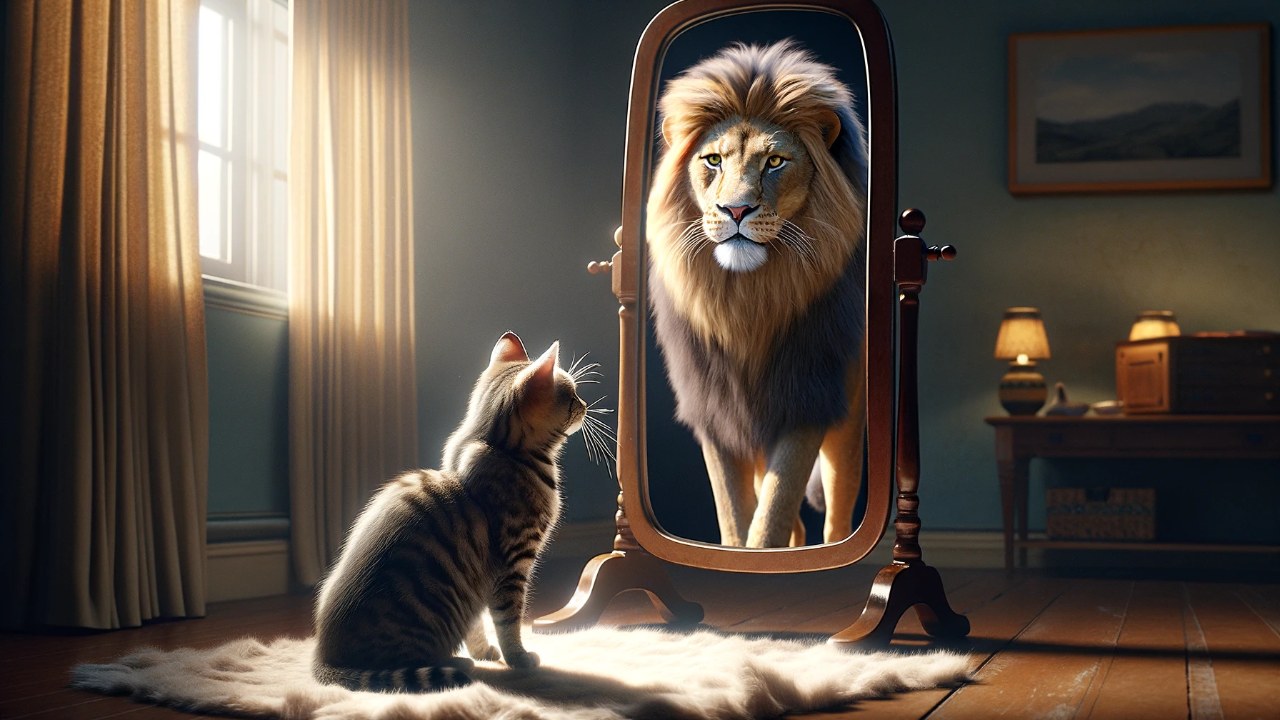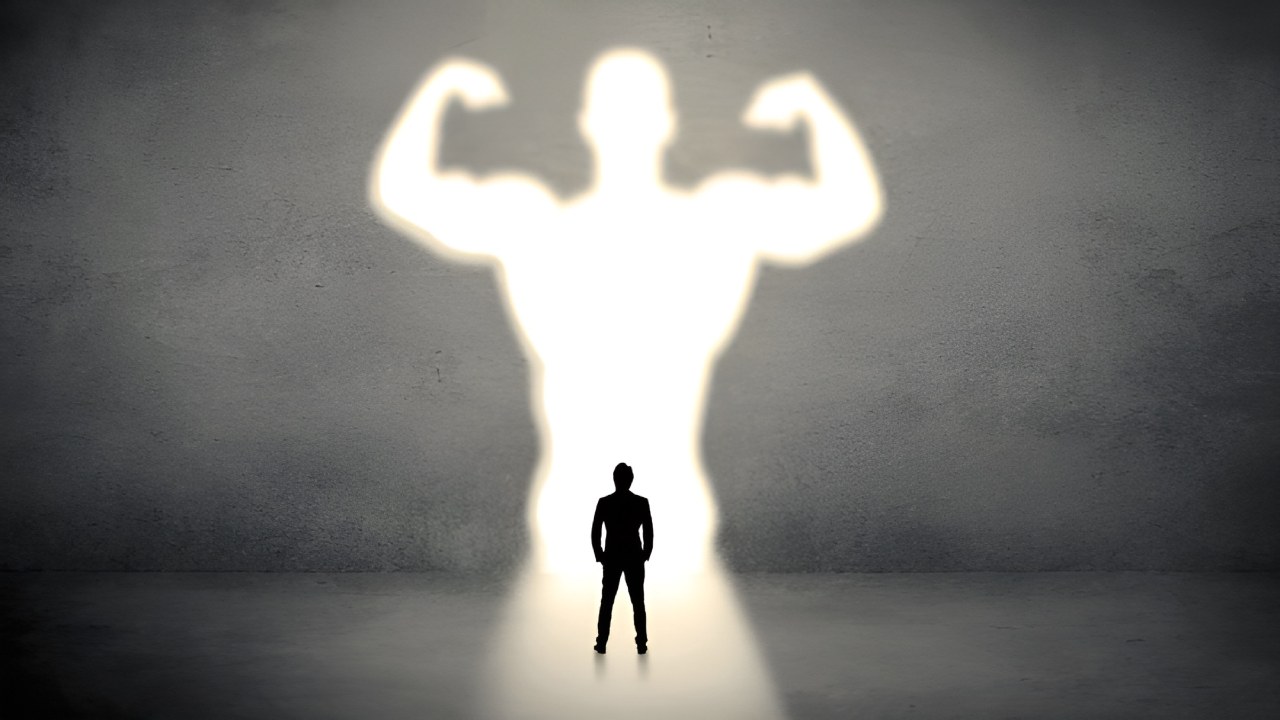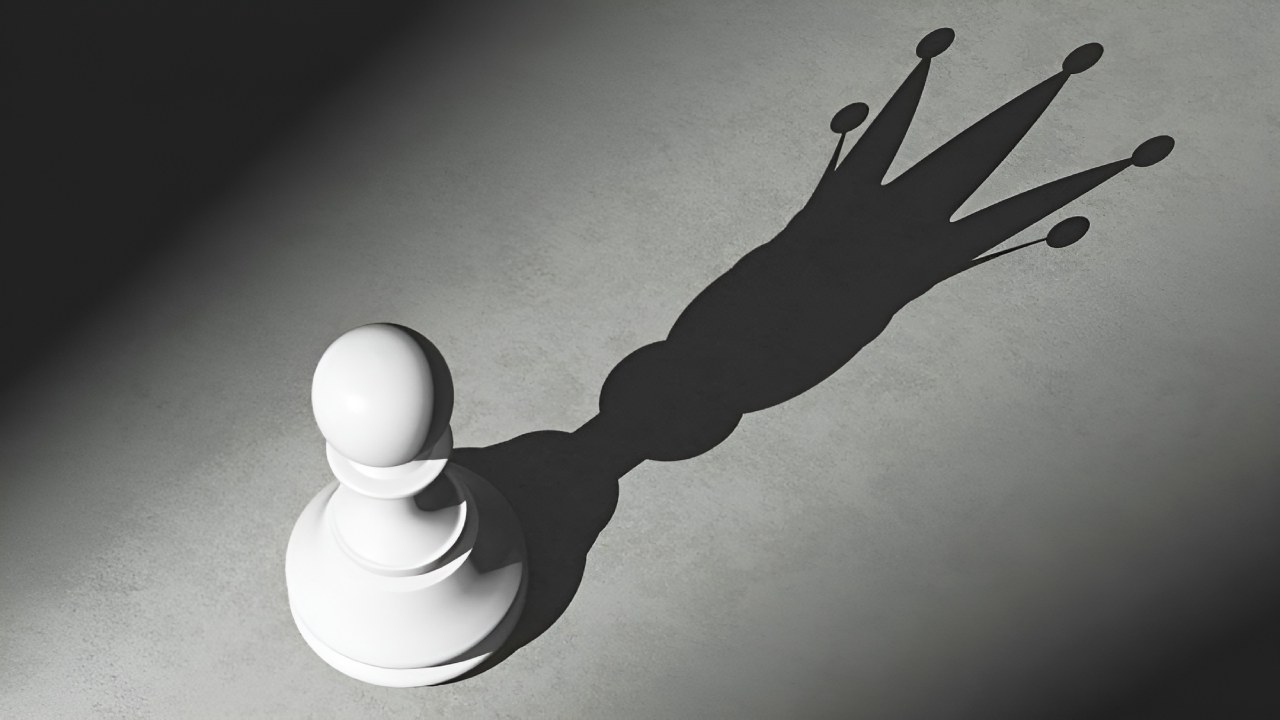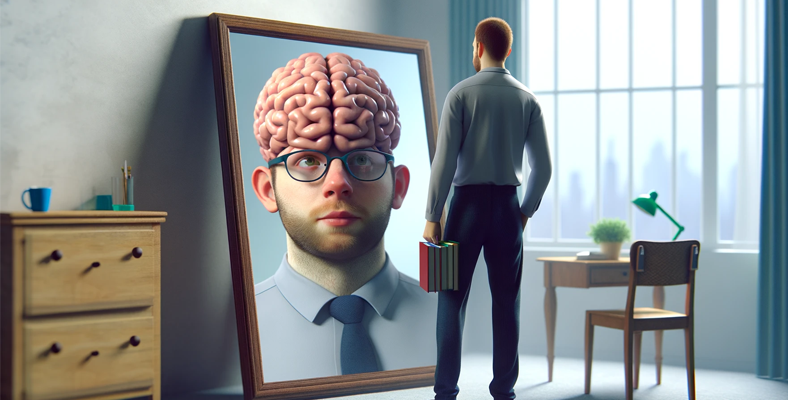There are always people around us who claim to be experts on a subject. However, it is not possible to see a real expert in any field making such a claim about himself. So why do people who are inadequate in a subject want to appear very knowledgeable about it?
This situation, which we can define as ignorant courage in a way, is called the Dunning-Kruger effect. This effect when a person’s lack of knowledge and skills in a particular area exaggerates his or her own competence emerges. In contrast, successful people actually greatly underestimate their own abilities.
So, what different details does this effect have, and people, Why do they want to appear as someone they are not?
The Dunning-Kruger effect was proposed by David Dunning and Justin Kruger in the 1990s.
These two professors are incompetent people, so to speak. Are they aware of their own shortcomings? wants to test. To perform this test, he asks 20 logic questions to 45 undergraduate students.
The duo who gave this test to the students into 4 groups according to their scores separates. While the students with the lowest scores answer 10 out of 20 questions correctly on average, 1 in 4 of those with the highest scores answer approximately 17 questions correctly.
In the second phase of the experiment, the performances of all students are evaluated in two different ways.

Dunning and Kruger first asked students, have them guess how many questions they answered correctly. whether…or. Students are then asked to guess how they fare compared to other students who took the test.
Both groups think they answered approximately 14 questions correctly. Those with the least ability overestimated their scores by about 20%, top performers are 15% short guesses.
Additionally, in a study conducted in 2020, scientists evaluate the Dunning-Kruger effect from a different perspective.

The existence of this effect is attempted to be demonstrated using the electroencephalography (EEG) method, in which electrical signals are recorded. In the experiment, at the end of the tasks the participants performed, they were more successful than other participants. evaluate their own performance is desired.
Participants are ranked according to their success in the task, resulting in participants in the bottom 25% their percentile higher than the actual value.the more successful 75th percentile participants underestimate their percentile.
In the experiment where the reaction times of individuals at these two different levels were measured, those in the lower percentile were faster, Those in the upper percentile react more slowly is seen.
These results also show that different cognitive processes occur in the brains of participants who see their performances as higher or lower than they actually are during the evaluation.

For example, those who think their performance is lower than it actually is, When using recall skills during assessment Those who think their performance is higher than it actually is prefer to rely on whether they are familiar with the questions asked.
In fact, the fact that you remember a person’s face when you see him, but cannot remember who that face belongs to, is a state of familiarity, and you have the knowledge of who that person is and where you know him from. to the state of remembering can be given as an example.
In summary, the Dunning-Kruger effect often goes unnoticed by those who experience it. That’s why when David Dunning and Justin Kruger first described this effect, “They are inadequate and they don’t realize it” They try to express it with sentences.
Our other content that may interest you:
RELATED NEWS
The Psychological Reason Underlying the Desire to Buy All Products of the Same Brand: Diderot Effect
RELATED NEWS
A Little Chemistry Game That Can Make a Hard Object Unbreakable in Water: The Guide Effect
RELATED NEWS
The Real Reason Why House Prices Are Soaring in Neighborhoods Where Starbucks Branches Are Opened: The Frappuccino Effect
RELATED NEWS
